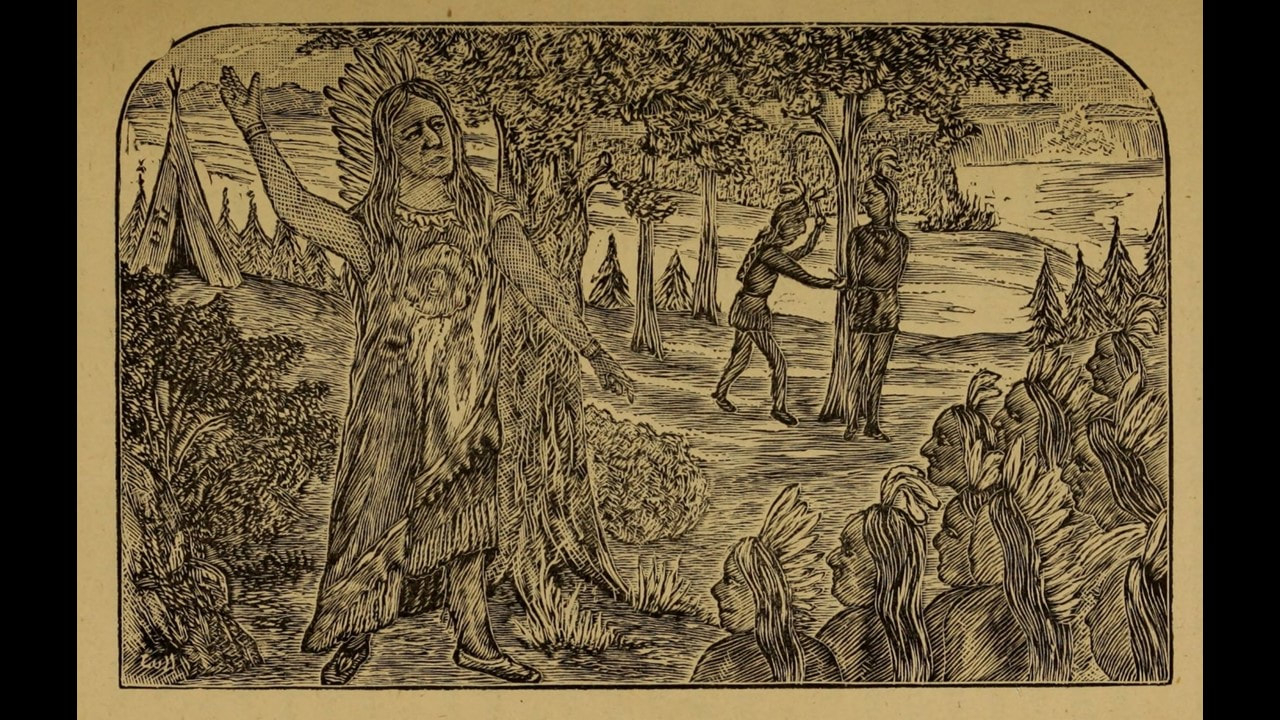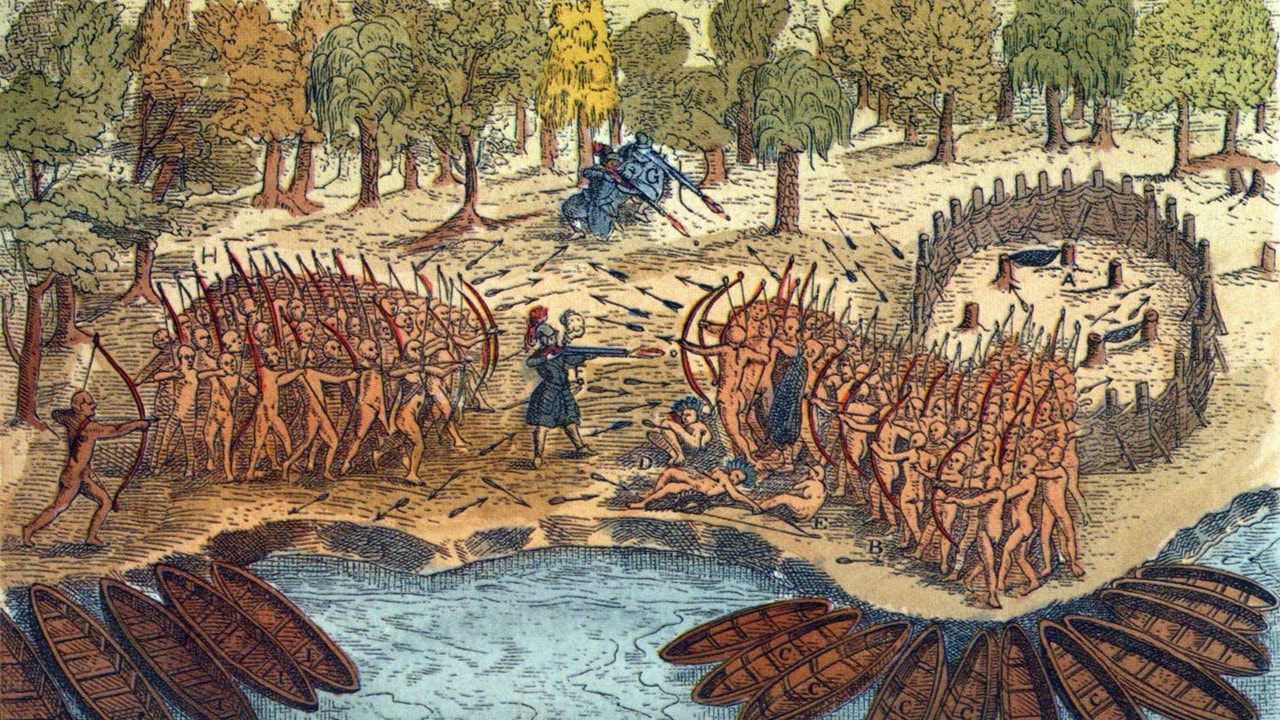Scott AndersonNumbers 21:4-9 † Psalm 107:1-3, 17-22 † Ephesians 2:1-10 † John 3:14-20
A video version of this sermon can be found here. I’m sure you’ve noted in the news that we have passed another important milestone this week. We have now spent a full year with this pandemic, with its limitations on our movement and interaction with one another. Our last in-person worship was March 8th, 2020. On that date the US had marked 22 deaths from Covid-19. None of us have been unaffected by the strains of this past year. Few of us have been untouched by the sting of death. What would we have thought, what would we have done differently if we knew at that moment that just a year later well over half a million of us would be dead from the disease in the United States and 2.6 million souls world-wide? How would we have acted differently? I suppose we in the Seattle area have a unique perspective on this having been hit first and hardest. I’m sure you’ve seen the article first published in the New York Times noting that had the rest of the country followed the lead of Washington as many as 300,000 of our neighbors—grandparents and farmworkers and health professionals—might still be alive.[i]
0 Comments
Scott AndersonIsaiah 5:1-7 † Psalm 80:7-15 † Philippians 3:4b-14 † Matthew 21:33-46
Long before our country was founded, this land belonged to the many indigenous tribes who had lived here for thousands of years. The tribes had their own customs and laws. They were deeply connected to the land and maintained rich wisdom traditions that were lost on the Europeans who came to conquer and colonize to sow a trail of tears through the continent. It is also true, of course, that even before European colonization, they fought one another. They were not unfamiliar with the cycles of violence we often find ourselves trapped in. One of the reasons for the constant conflict was a practice known as “mourning wars.” Tribal people had come to believe that the only way they could ease their pain when someone they loved was killed was to return like for like, to take revenge—to kill people from the offending tribe. Scott AndersonJeremiah 17:5-10 † Psalm 1 † 1 Corinthians 15:12-20 † Luke 6:17-26
As I was studying our texts for today, I found myself rooting around for a way to understand blessing as it is portrayed in Luke from Jesus: Blessed are you who are poor. Blessed are you who are hungry now. Blessed are you who weep now. God is on your side. But the more I tried to unpack this idea, the more I tried to understand how really this translates into blessing, the more stuck I got. How is it a blessing to be hungry now even if you’ll get something later? How is it blessing to weep now, simply for the promise of a laugh later? Sure, there are some ways to get at this, but they are problematic, too often approaching some twisted endorsement for suffering or persecution. And how is the promise of the Kingdom a blessing now for a poor one who has nothing and is in danger? If I’m honest, I have to admit I don’t know the answer. I really don’t know how to understand this idea of blessing. I don’t understand how it is a blessing to be poor and to go without and to live on the edges of society. I don’t see it. I wish I did, but I don’t. Perhaps you do. Given that, I’ve realized I’m not in a position to unpack this first part of the passage in Luke that is blunt and gritty and material and so much in contrast to the ethereal “blessed are the poor in spirit” that Jesus proclaims in Matthew.[i] At least part of the problem, if not all, of course, is that I’m not poor. How should I expect to understand something I haven’t experienced—especially something as hard as this? And the fact is, most, if not all of us, by objective standards are not poor. If we measure ourselves and our wealth and well-being through the arc of history, this is abundantly clear. We have access to food and the basic resources needed for survival in far greater quantity and more reliably than previous generations and even more so than our pre-modern ancestors. And even if we measure ourselves in comparison to the world population as it is today, it is difficult to argue we are poor by any standard. Scott AndersonIsaiah 60:1-6 • Psalm 72:1-7, 10-14 • Ephesians 3:1-12 • Matthew 2:1-12
I’m currently reading two books side-by-side. I don’t say that to impress you. In fact, I wouldn’t say that I planned it. Mostly, I fell into it. If I were more honest, I’d tell you that I can’t bear to read the one alone, so it is, as much as anything, a matter of survival. The one—the hard one, the devastating one—is a book by Chris Hedges called America: The Farewell Tour. Hedges is a Pulitzer Prize winning reporter, formerly a foreign correspondent for the New York Times. I’ve talked about him before and about at least two of his numerous previous books. One is called War is a Force that Gives Us Meaning. The self-evident title reflected on the wars in Iraq and Afghanistan. Another, Losing Moses on the Freeway, was an examination of the ten commandments as they relate to American culture. I recommend them both. In addition to his years in the Balkans, the Americas and the Middle East, Hedges’ writing is informed by his religious education as a seminarian at Harvard Divinity School—thus the reflection he did on the commandments. Hedges is a devastating writer. He writes in excruciating detail about the state of things, creating a provocative and difficult-to-deny indictment on where we are currently—the decay of American democracy, and perhaps even civilization itself as the common good has been sacrificed at the altar of greed. “We cannot battle racism, bigotry, and hate crimes, often stoked by the ruling elites,” he contends, “without first battling for economic justice.”[I] Scott Anderson Isaiah 64:1-9 † Psalm 80:1-7, 17-19 † 1 Corinthians 1:3-9 † Mark 13:24-37
There is no less light in the world. I understand this may be difficult for us to imagine on these days in our Pacific Northwest when light seems to be such a scarce commodity. The comments began soon after we said goodbye to Daylight Saving Time and gave ourselves that extra hour of sleep—a brief reward for the inundation of darkness that now affords us only 8 hours and change of this dripping, gray miasma we now call daylight. If you commute, you probably go to work and come home in this blanket of darkness. The same is true for school. It can be overwhelming. Especially so, perhaps, this year. But, unless you believe in a flat earth, and the heavens as some kind of a literal canopy above it, we know this is simply a matter of perspective. There is no less light in the world. We are simply spending more time in the shadows these days as our earth has begun that part of its travels around the sun that radiates more energy and light on the southern hemisphere than the northern. It’s a matter of perspective. The sun shines just as bright. The light is there, along with the dark. It always is. It’s just that we don’t get the same angle on it that we do in those July days when the light lasts for 16 hours and the darkness is almost non-existent to those of us who go to bed by ten or wake up after five. It’s a matter of perspective, and timing, this relationship we have to darkness of all sorts. There is this tension in us, we creatures who live on this fragile earth. Call it circadian if you wish. We are circadian Cascadians, you and I. We are defined and limited and bounded in time and space. We oscillate between wanting to tear down and wanting to construct. Sometimes the first is necessary in order to do the second. Sometimes that destructive voice is just the first voice—the voice of pain and isolation and vulnerability that wants to tear open the heavens and let the light shine through the darkness, that wants the earth to shake so someone else might feel what you feel, that wants others to taste the tears that have been your bread for so many nights under these stars. Parker Palmer captures this insight, I think, when he suggests that violence “is what we get when we do not know what else to do with our suffering.” So Mark imagines what Isaiah craves: The stars begin to fall when God tears through the fabric of the heavens to come down to earth to fix everything. Wouldn’t that be some good news! All the abusive and opportunistic powers of the world, all the lesser lights give way to the one true light, the one true power, the one true Love that can fix all that is broken. Scott AndersonExodus 14:19-31 † Psalm 114:1-9 † Romans 14:1-12 † Matthew 18:21-35
Why do you pass judgment on your brother or sister? Perhaps I should stop talking and just sit down. Why do you pass judgment on your brother or sister? Thus ends the reading of the word. Thus, ends the sermon. Why do we pass judgment? There is plenty here in this simple question. Just take time to reflect on it, live in it. “Explore the space,” as Christopher Walken says in one of my favorite Saturday Night Live skits. If we were to do this, and this alone, to consider our quick path to judgment, it would be time well spent. Why do you pass judgment on your brother or sister? That’s what the slave did to the other slave in the parable, isn’t it? He decides not to forgive the debt he is owed, despite having just experienced forgiveness that has given his own life back to him. It is worth pointing out, I think, the extremes captured in the amounts that are forgiven and not forgiven. The master forgives his servant a debt of ten thousand talents, while the servant fails to forgive his brother a debt of one hundred denarii. Let’s do the math. A talent, as the footnote in the pew bibles notes, is worth “more than fifteen years’ wages of a laborer” while the denarius was “the usual day’s wage.” In other words, the first servant has been forgiven a debt equivalent to 50 million days of a salary for a laborer, while he cannot find his way to forgiving a debt equal to a salary of 100 days of labor—4 months or so. We are talking, in other words, about a proportion of 500,000 to one. |
St. Andrew SermonsCategories
All
|


 RSS Feed
RSS Feed